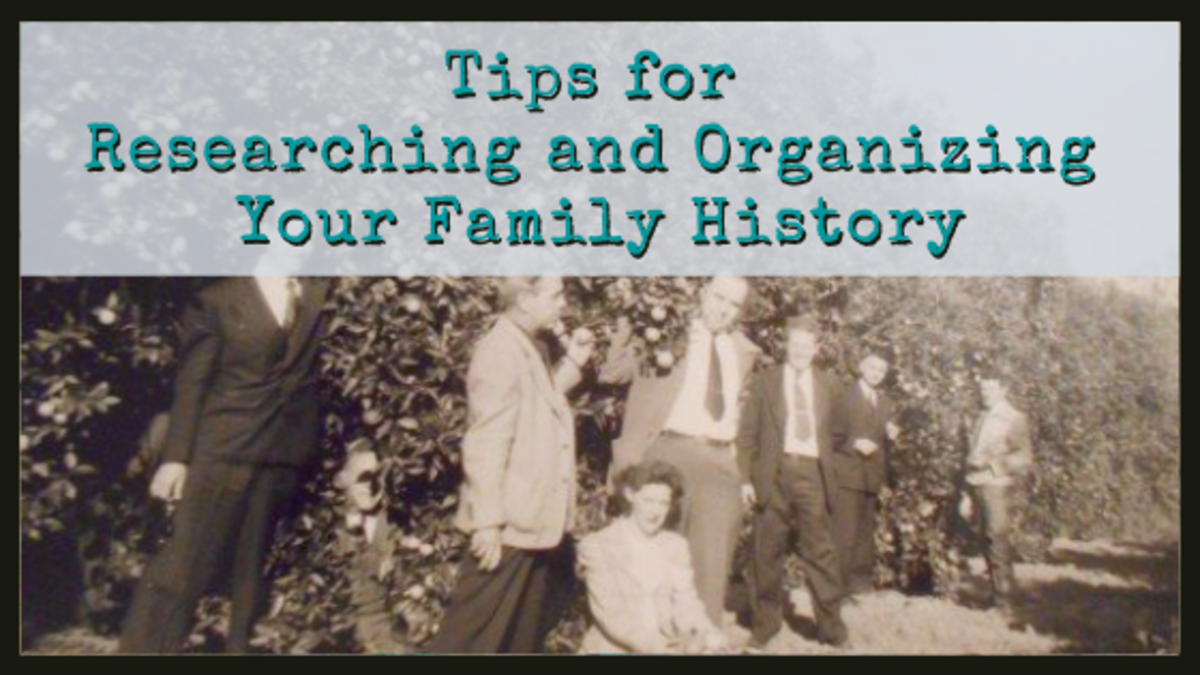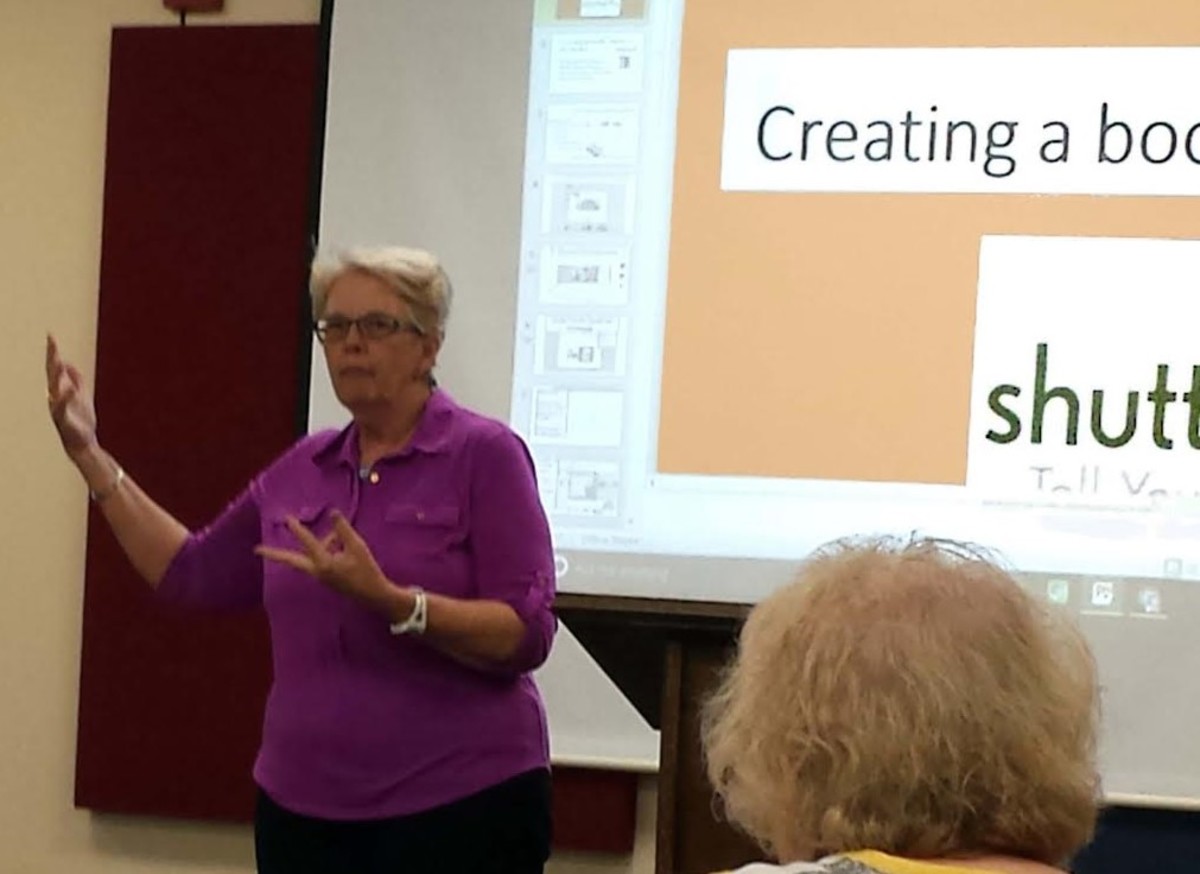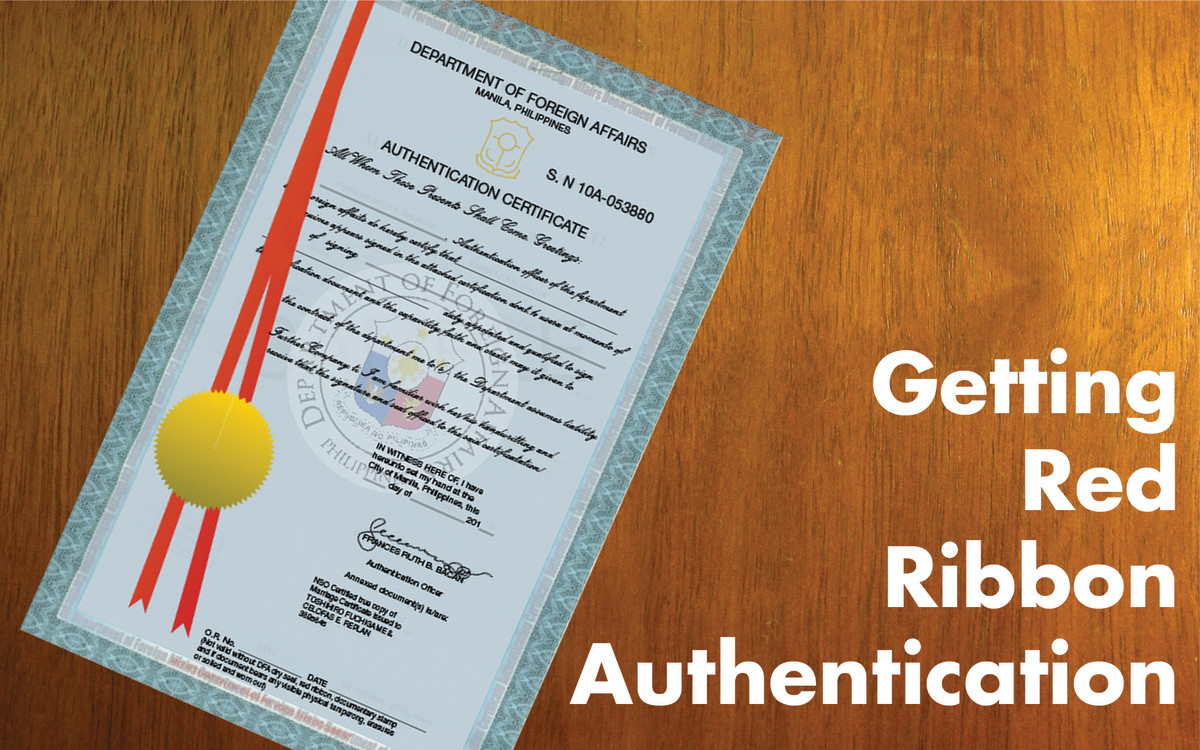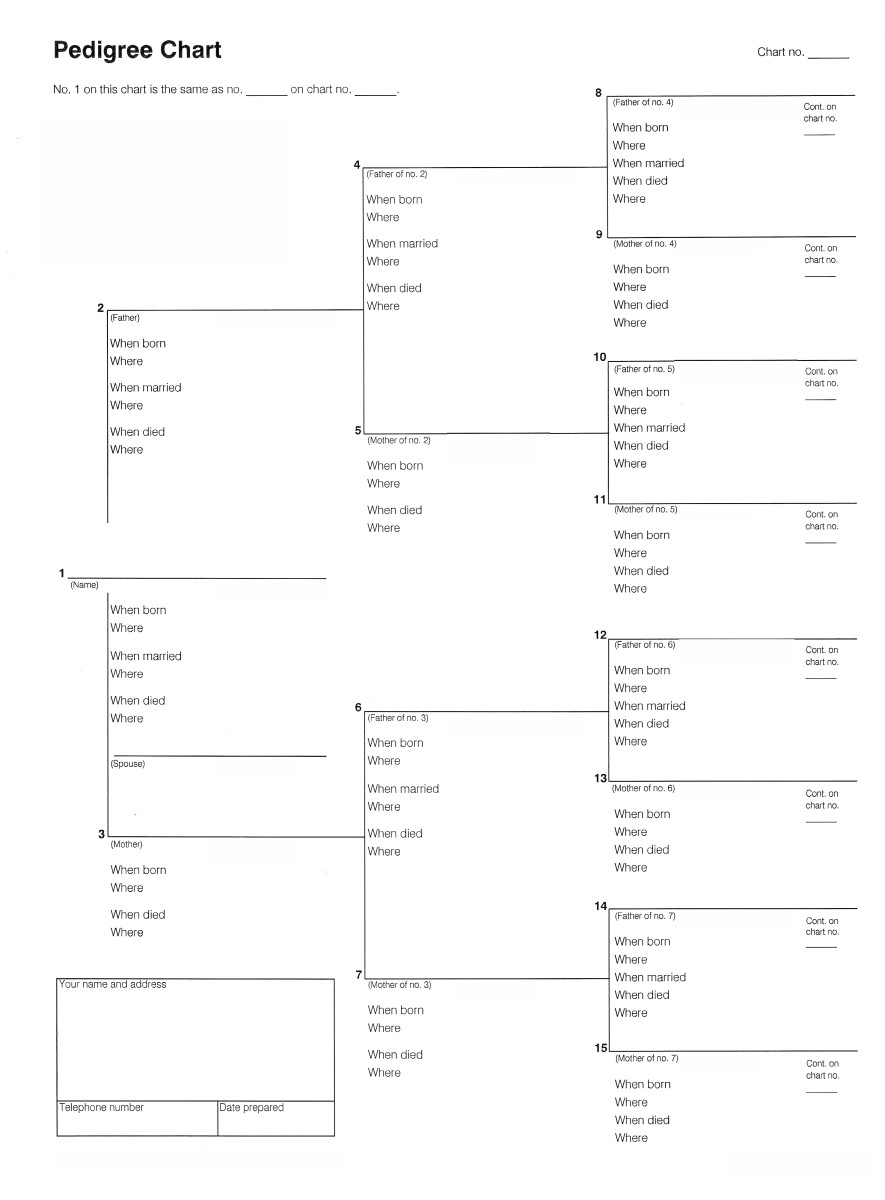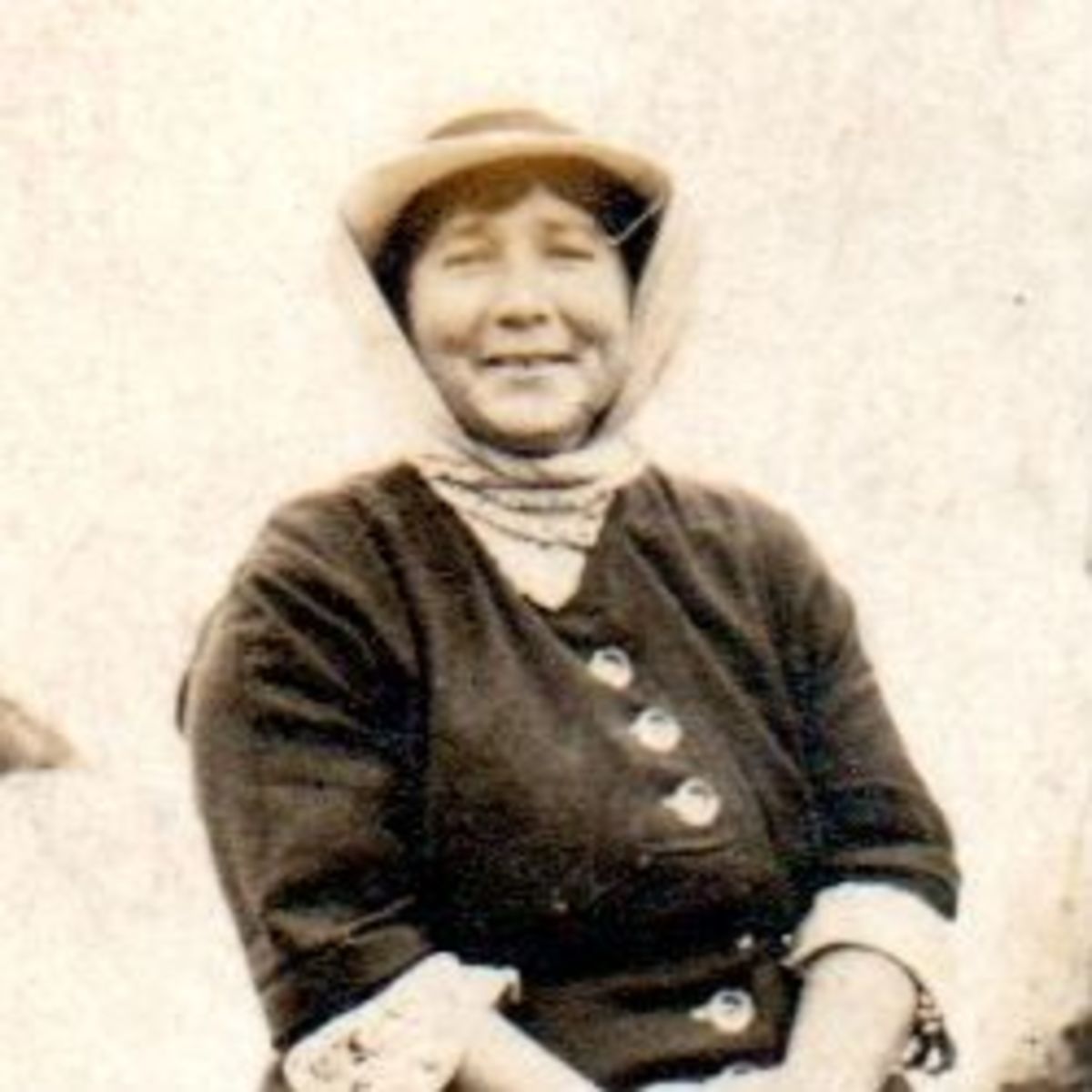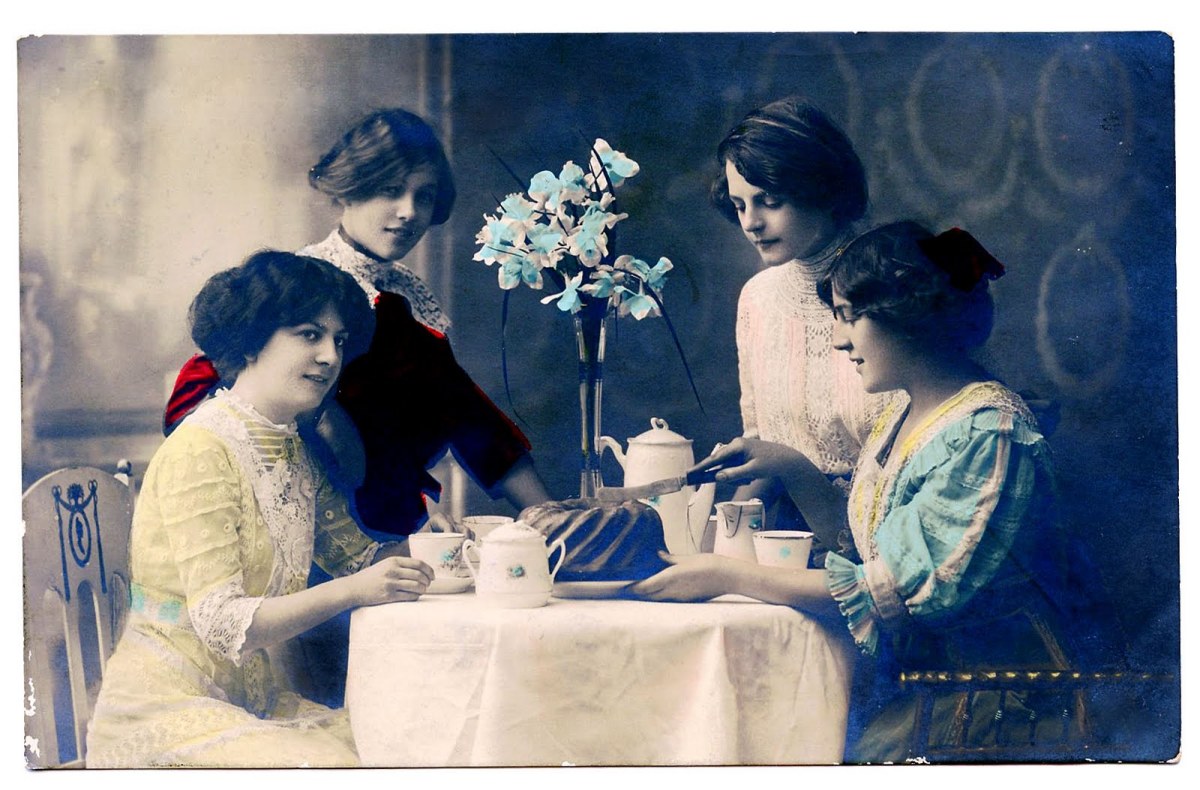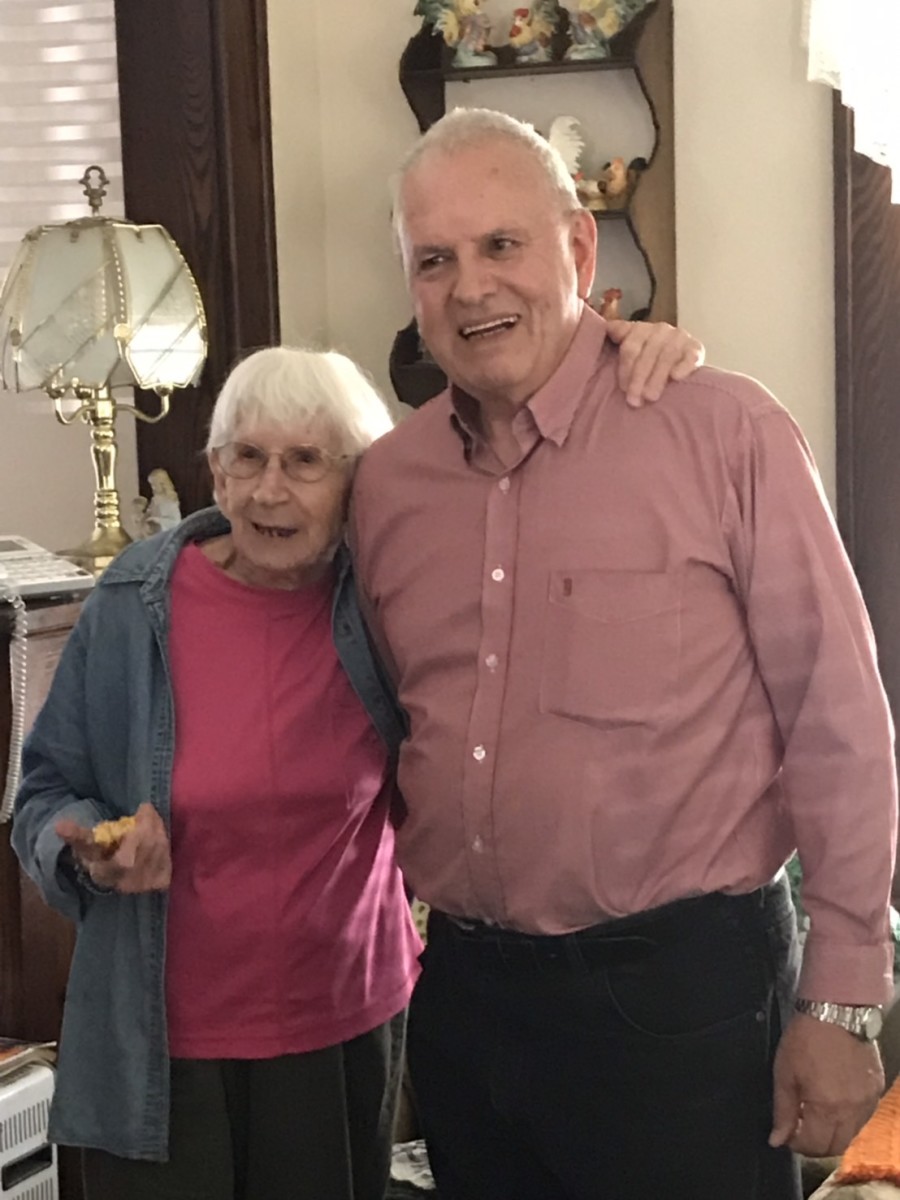Where am I from? Researching a family tree
Introduction to genealogy: researching your family tree
If you want to research your family tree, it is undoubtedly the case that the exact methods you use will be different, depending on where your ancestors came from.
I am from the United Kingdom, as are all my known ancestors for some four centuries.
Therefore, although a lot of the general comments I make will apply to any country, the specifics are in relation to England and Wales in particular.
I'm lucky, as England is a particularly easy country in which to research ancestry - records have been kept for a long time (church records since the 1530s, civil registration since the 1830s) and there haven't been revolutions and invasions which destroyed documents, as is sadly the case in many European countries.
Discovering who your ancestors were, what they did, where they lived, and how many children they had is utterly fascinating, even addictive!
A great beginner's guide to assembling a family tree
Great video on reseaching and organising your family tree
Get information from your family
The first crucial step to assembling a family tree is to talk to your close relatives.
If your parents and grandparents are still alive, they are the obvious place to start.
Ask them for as much detail as they can remember, including the full names and (if they know them) dates of birth, or approximate time they were born.
Also ask them about location, where they were born, whether they migrated, and any other details of their lives.
There is far more detail to be obtained of relatives and ancestors of whom there is living memory than of those who are further back in time.
It is also useful to ask about any family legends of origins and so forth, such as great-granny’s story told to her own children that her grandfather had been a Bishop in England.
Such family legends are often untrue. But they provide a source of interest, and a place to start.
As well as getting information on your ancestors, it’s a good idea to ask your parents, siblings, or uncles or aunts for details of more distant cousins and relations.
Depending on how well you get on with these cousins, or whether you know them, it’s well worth giving them a ring or writing them a letter or email explaining that your interest is in tracing your family tree, and asking if they have any details of your ancestry.
It may very well be that some of these cousins have already done some research which they’re willing to share with you.
Or they may have family tales of their own which will help in your quest, or even they may have a family bible with names and dates and details.
Video showing how to obtain original records
Keep records in order
Once you’ve received all this information, it’s a good idea to write it all down, and draw a brief family tree with what you already know. Then comes the time where you need to check your facts and try to move back in time.
Once you have information, it's important to keep it in an orderly way. You don't want to order the same birth certificate twice, or forget searches you've made that were negative, and do them all again.
You can record it all on paper, or there are numerous software and internet options for recording and displaying all your family history data (make sure you back it up!)
- FAQ on the UK Census records
- The UK's national archives on-line
- 1901 Census of England and Wales Online
1901 Census of England and Wales Online. View 1.5 million original 1901 census documents of England and Wales online detailing 32 million people: A unique source for your family's history from The National Archives - FamilySearch.org - Family History and Genealogy Records
Search for family ancestors. Billions of free family tree, family history, ancestry, genealogy and census records. - GENUKI: UK & Ireland Genealogy
GENUKI is the genealogical information service for the UK and Ireland, containing a large structured tree of information.
- Saturdays Child
A fascinating blog by an American woman, complete with endless photos and details of various ancestors and relatives. A wonderful read!
Civil Records
In the UK, there has been civil registration of births, marriages, and deaths since the 1830s. Baptism, marriage and burial records date back in some parishes in the UK to the 1530s. The further you go back in time, the more patchy is the survival of older parish registers.
The logical first place to start is to get the birth certificates of your parents, and grandparents.
Your parents may, of course, already have copies of their own birth and marriage certificates, or those of their own parents.
Or your cousins may have such certificates. If so, that’s a great start, and you should ask if you should make copies of such certificates.
A full certificate from England and Wales contains in the case of births, the name and maiden name of the mother, the father’s name (unless the mother was unmarried and the father didn’t register, in which case it usually states “the father unknown”) and the address where the birth took place, and the family’s normal address if different. The father’s occupation also appears.
Armed with this information, you can look for the marriage of the parents.
A marriage certificate contains lots of useful information, such as the occupation of the bridegroom, the occupations of both couples’ fathers, the age of the couple (in earlier certificates it will often just say “over 21” if the couple had obtained their majorities) and the names of witnesses to the marriage.
Witnesses can often prove an interesting sideline, as if they include people with the same surname as your couple, they may well be further relatives.
A death certificate will contain the age of the person at death, often occupation, address and cause of death.
Do note, however, that many of the causes of death are not known to medical science today. Death certificates today will rarely just list old age as a cause of death.
In order to obtain such certificates you need a reference for where the certificate appears in the official volumes.
You can obtain such references online, but there is not full coverage yet. You can also obtain it by looking up the books yourself if you live in London, in Middleton Square, the Family Records office, or there are other places where such certificates are held.
The website www.genuki.org.uk is a fascinating repository of information about obtaining certificates and very very much more. In addition to certificates, you can look at many other sources of information, including local newspapers, trade directories, business and poor law records, and land records held in local record offices.
Many of these documents have been copied, particularly by the Mormon Church, who have a particular interest in baptising ancestors of theirs into the Mormon faith, and therefore are very interested in genealogy.



